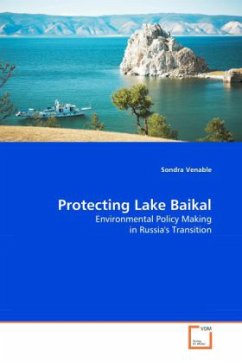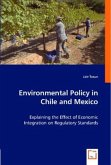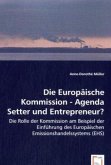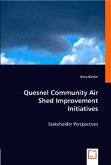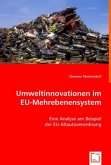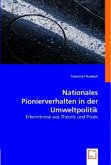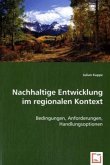Before its collapse, the Soviet Union was one of the most polluted countries on earth, and the widespread hopes for post-communist environmental improvements in Russia in the 1990?s have not been fulfilled. Moreover, the one bright spot in the Soviet environmental record has dimmed, as Russia?s extensive nature preserves are subject to increased poaching and other encroachments. This book uses the example of Siberia?s Lake Baikal, which contains one-fifth of the planet?s fresh water, to examine how environmental policy was made in Russia from the 1960?s to the 1990?s. Based on field research in Moscow and Siberia, it should be of interest to those concerned with the effects of post-communist transitions, to those who compare public policy around the world, and to anyone interested in protecting this (and other) unique environmental resource(s).

